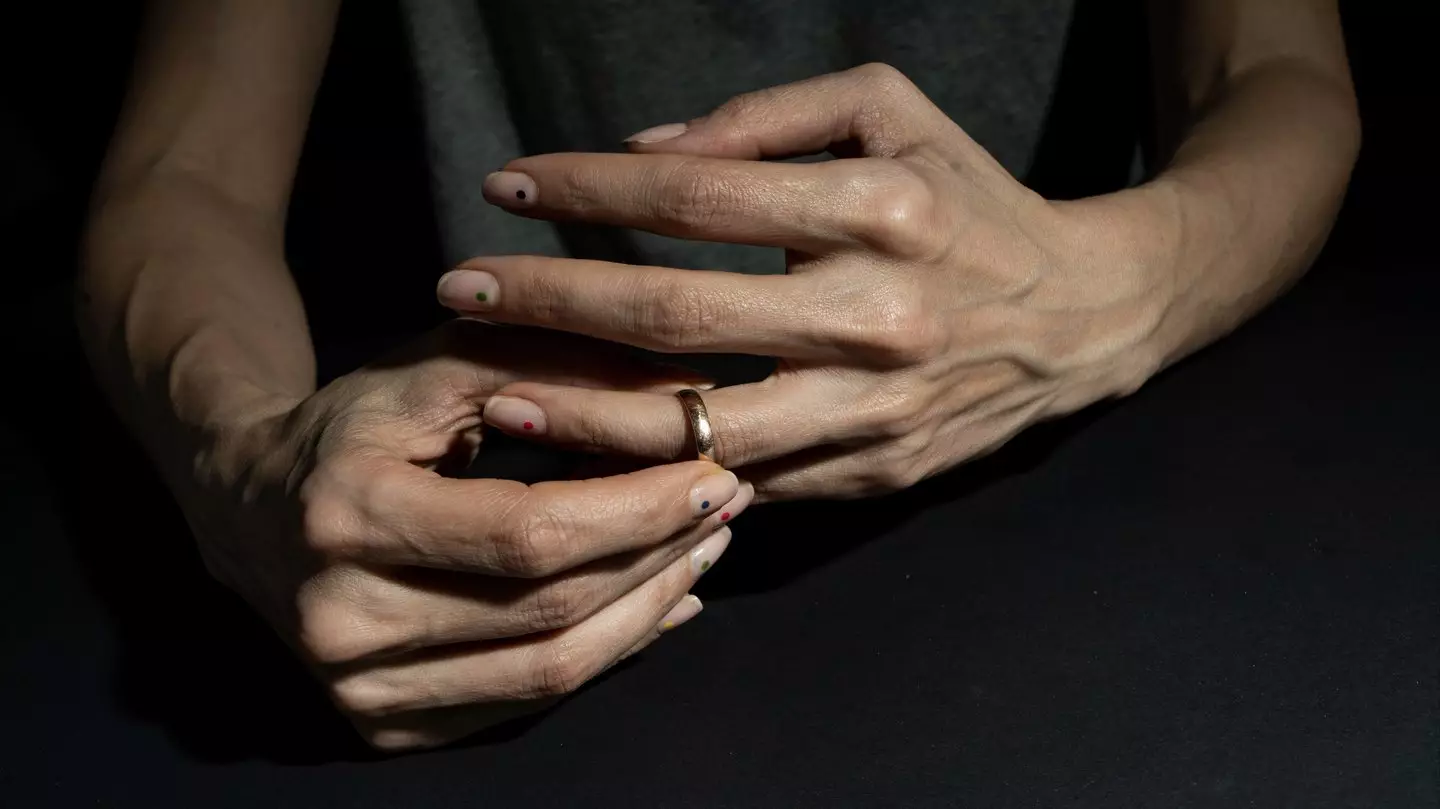
Life
The latest news, health, travel and lifestyle stories from around the world, all in one place.
Today

Cardiac arrest patients who were brought back to life have revealed the spine-tingling words they heard

Data has revealed the top 10 baby boy and baby girl names, which are plummeting in popularity at the moment
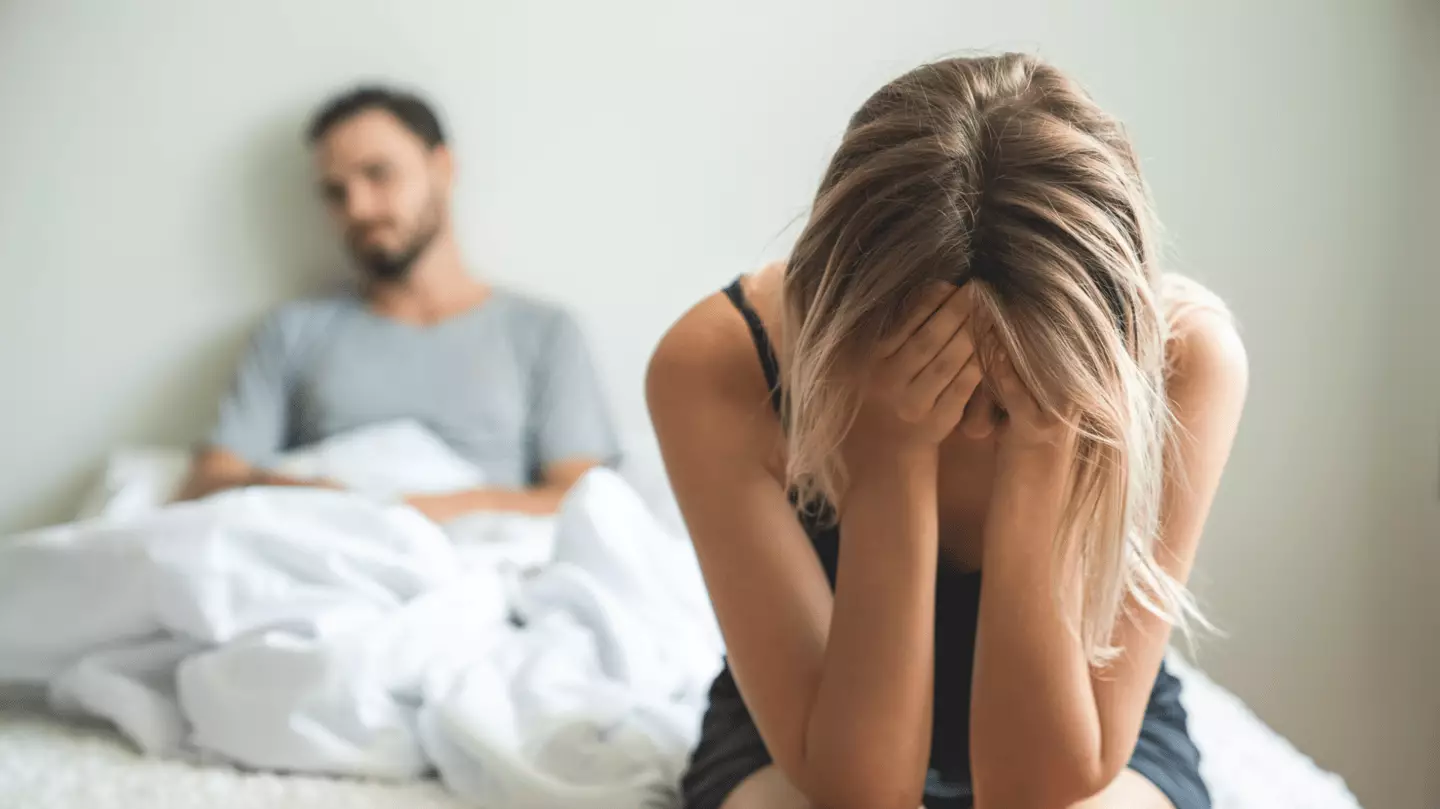
Lovehoney experts last week revealed how long men tend to 'keep it up' between the sheets, according to their age
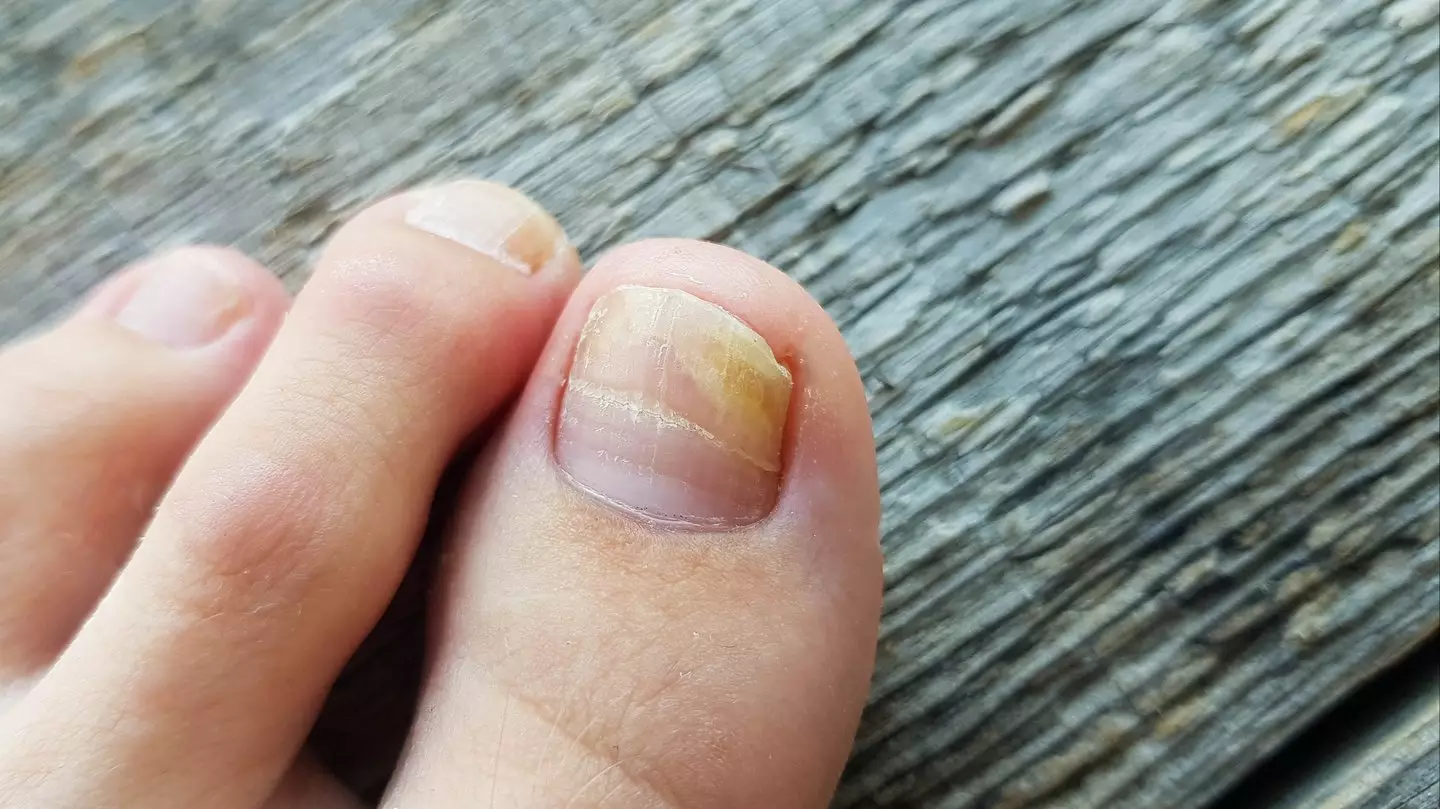
Your toes can tell you a lot about your general health and well-being

Clinical sexologist Dr Ben Davies also shared how to best navigate the issue
Yesterday

Black women in particular are being 'overexposed' to the risks associated with these products

France's Health Minister Stephanie Rist claimed the letters are not to 'dictate whether' women should have children, but to 'educate' them

A study by New York University Langone Health has found a connection between long Covid and symptoms of Alzheimer's disease

The Norwegian biathlete made the emotional admission after winning a bronze medal
10 Feb 2026

Women are flocking to social media to share the 'PSA'
06 Feb 2026

Inspired by Bridgerton and Wuthering Heights, 'Storybooking' is the latest dating trend to take over

The MHRA has issued new guidance on how to respond if your vision becomes affected by weight loss jabs

Joe DeMio has published a new book chronicling his experiences following his life-changing car crash in 2018

Susan Golden, 53, opened up on how vulval cancer is rarely talked about, but is 'painful and can truly alter your life'

Marion, 35, is trying to raise awareness of the rare condition, after finding out what it was really called via TikTok a few years ago

The new study asked singles how important a potential partner's pay cheque and career aspirations were
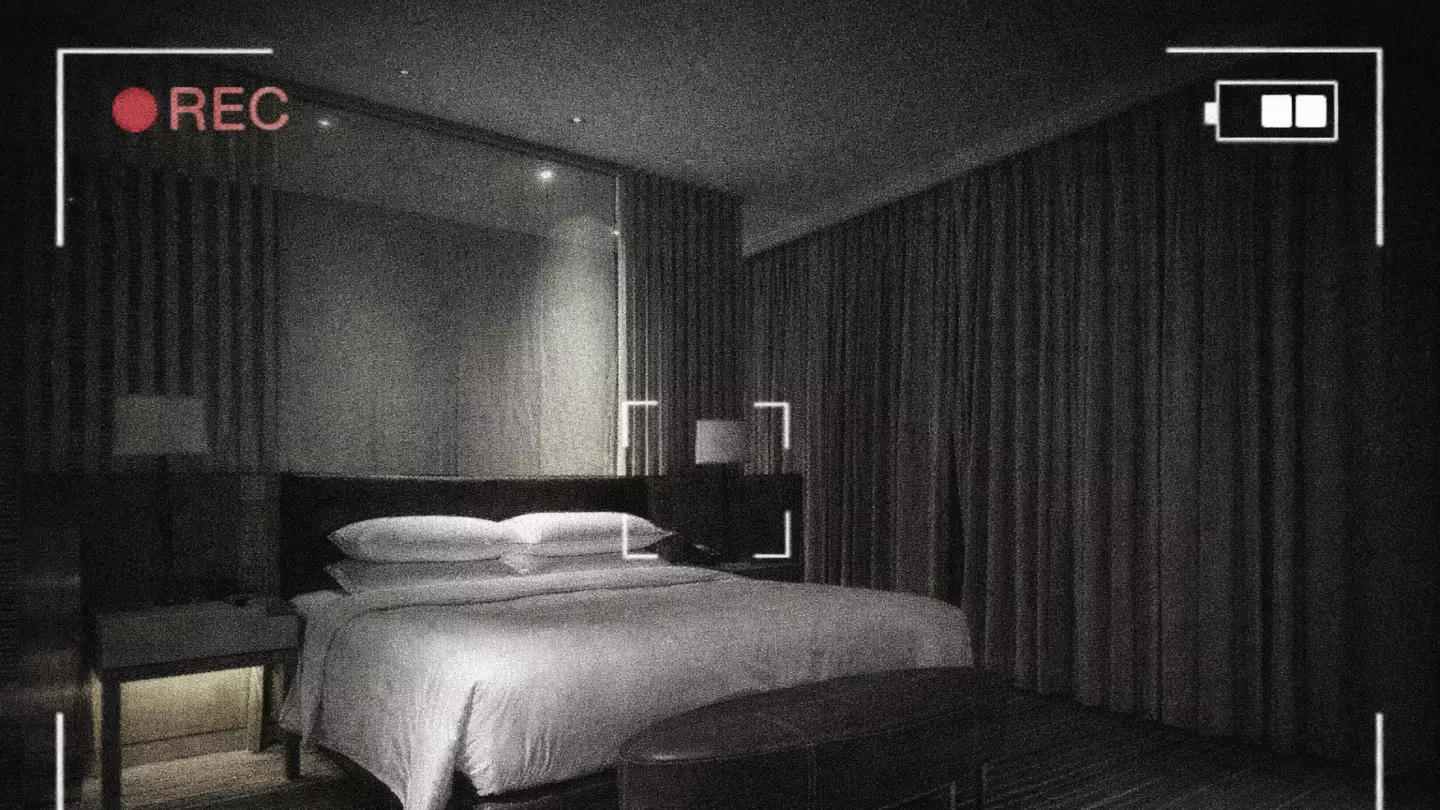
Illegal spy-cam porn is reportedly on the rise in China
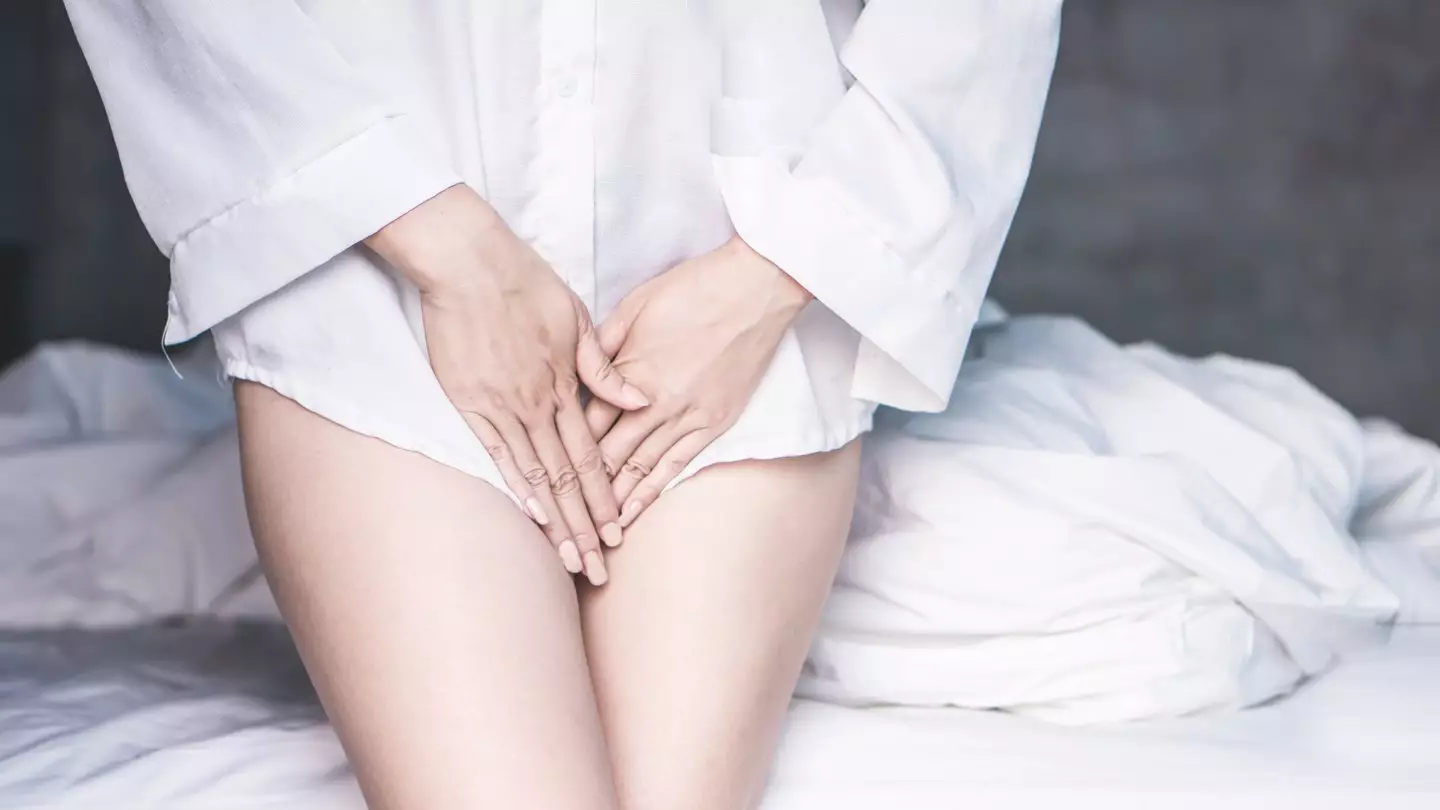
Experts have discussed measures you can take to combat the side effects.
05 Feb 2026
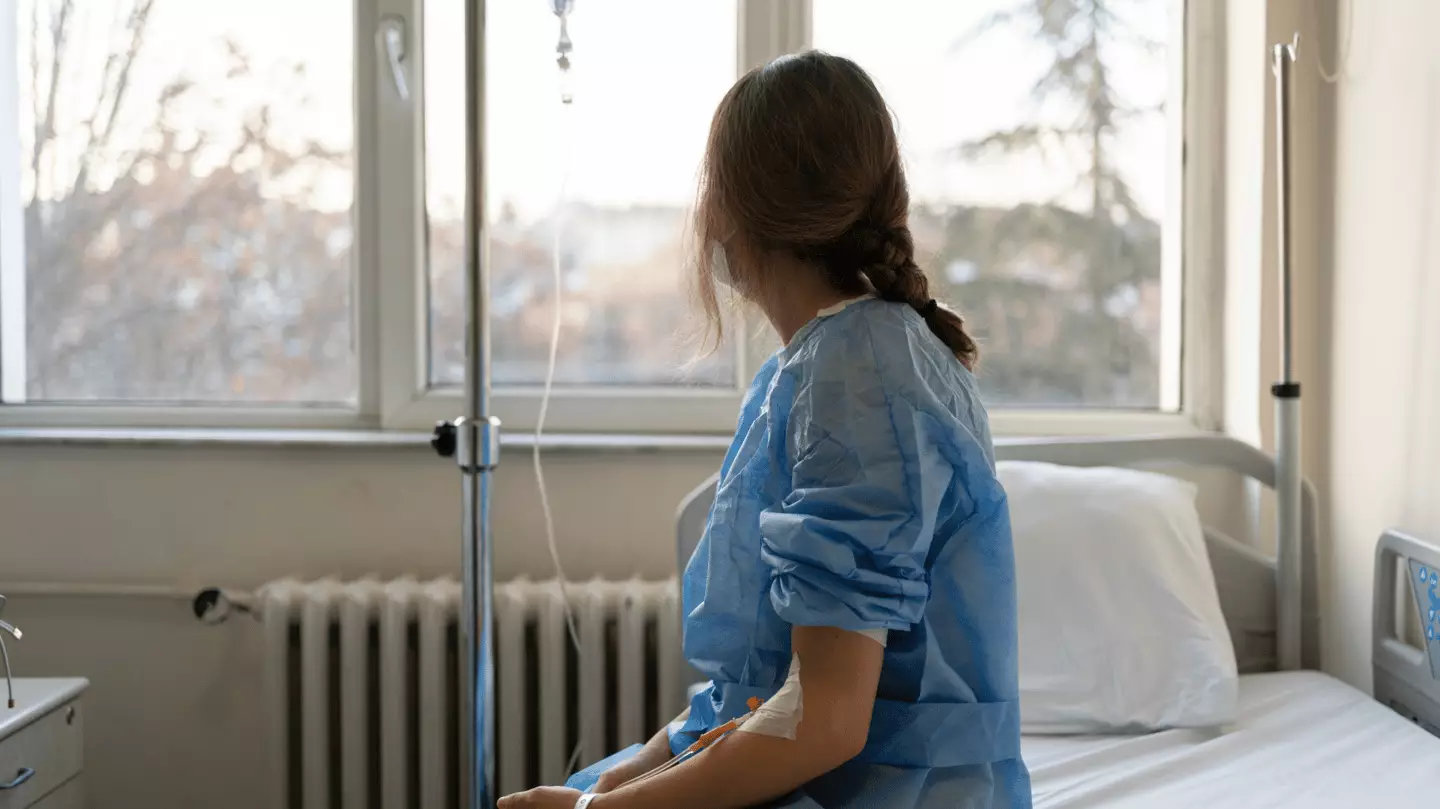
Between 2000 and 2022, cases of breast and thyroid cancer, skin melanoma and colorectal cancers sky-rocketed amongst women
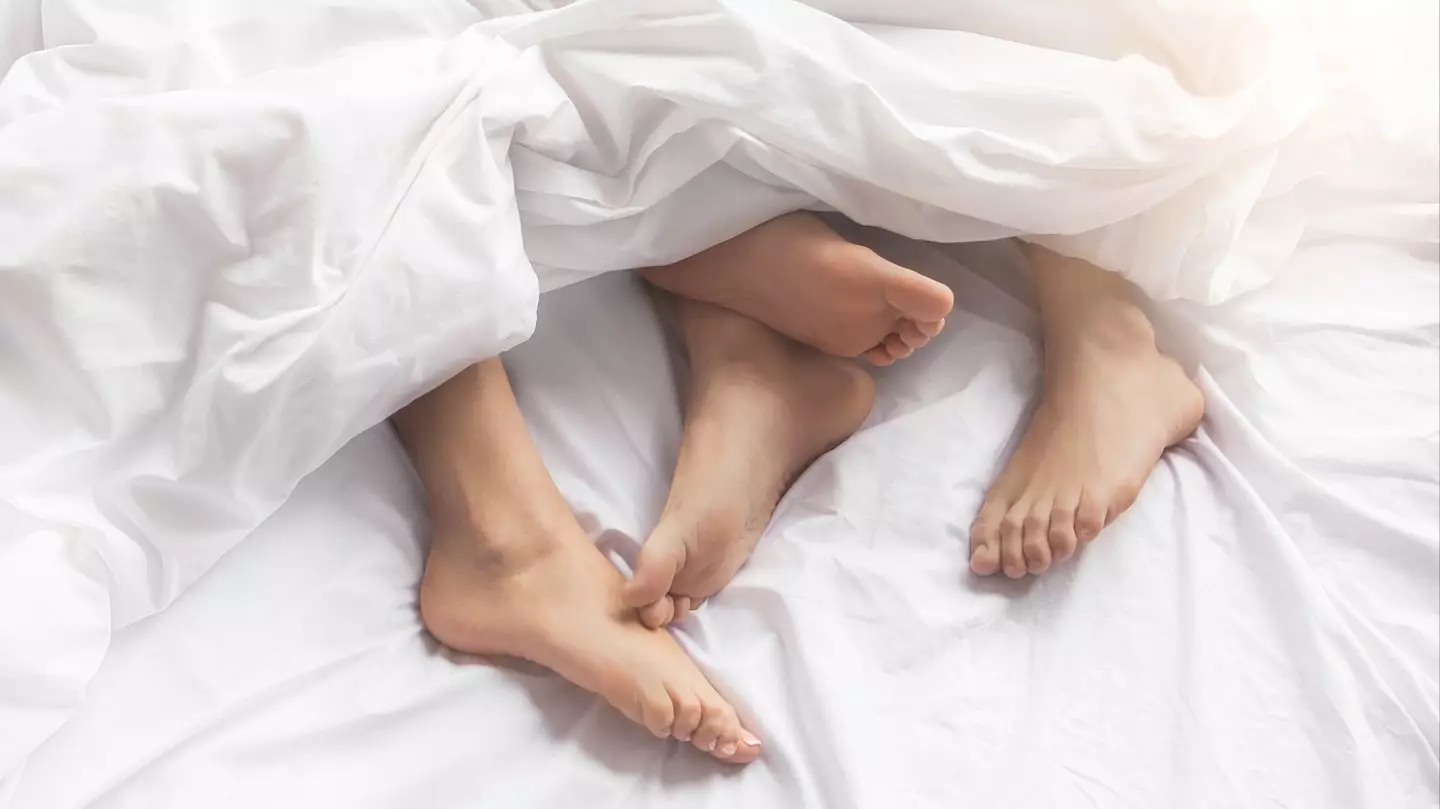
Having sex isn't as environmentally friendly as you might think
.jpg)
Many of us may have fallen guilty of this habit following the January blues period...

Our skies are set to be lit up at the end of this month
.jpg)
We're just a few days away now until the eagerly anticipated Super Bowl Sunday (8 February)
04 Feb 2026
.jpg)
The latest dating trend will no doubt leave singletons super divided

